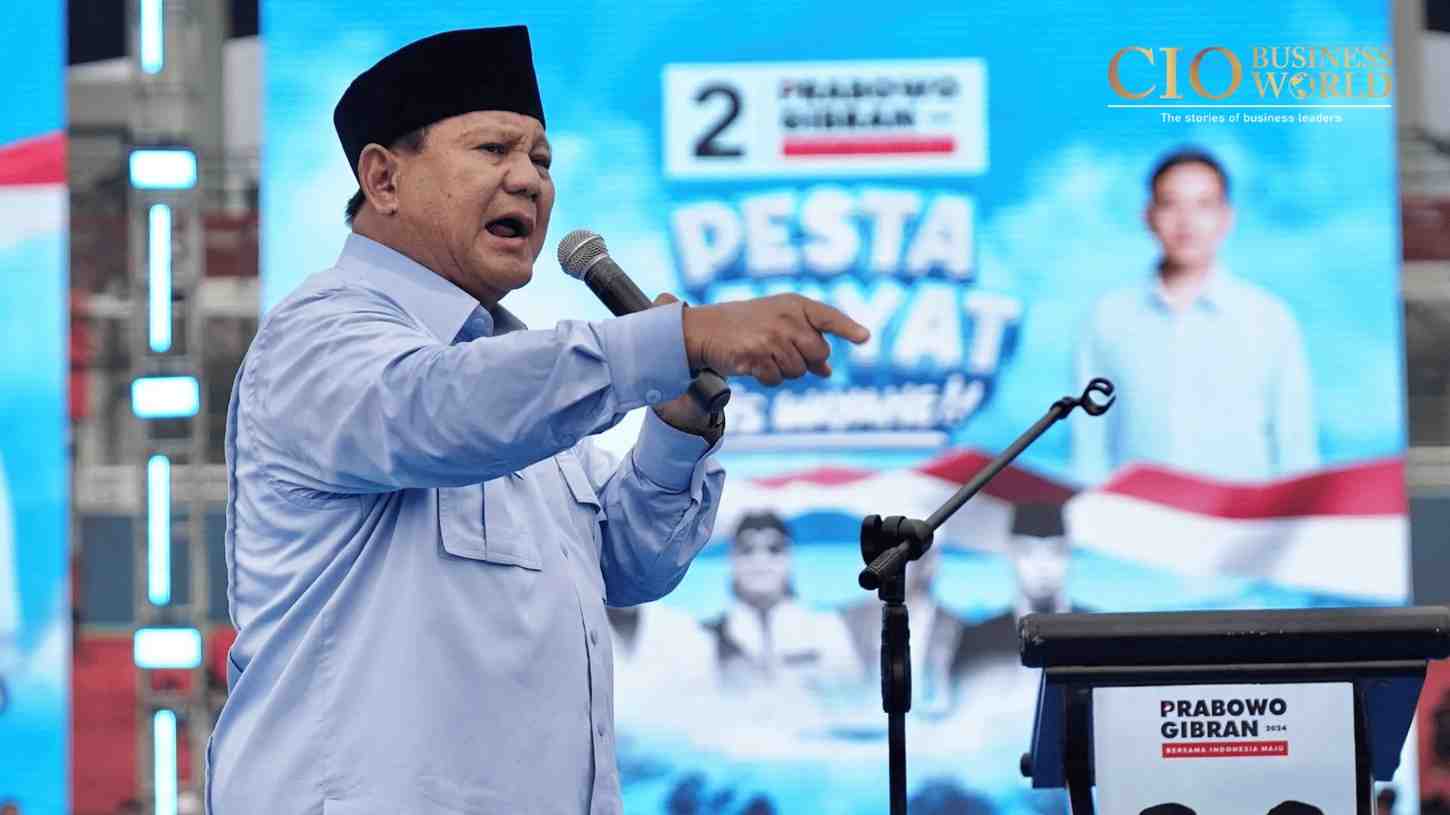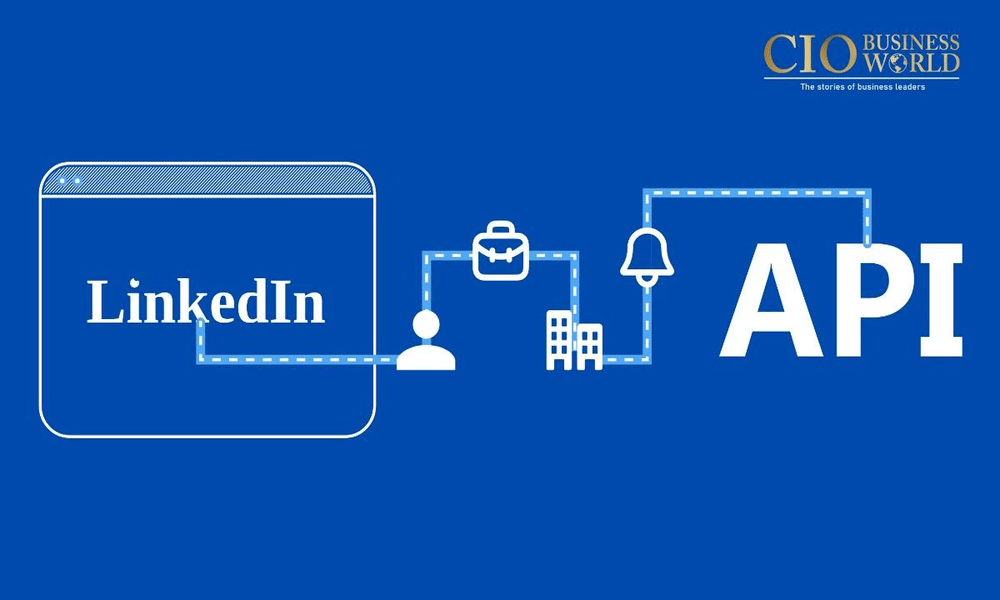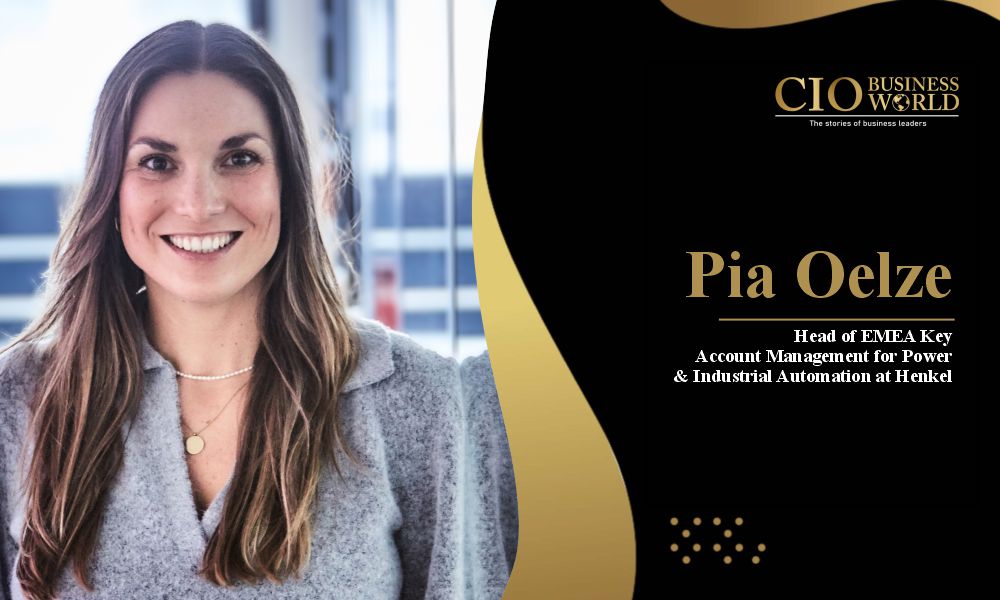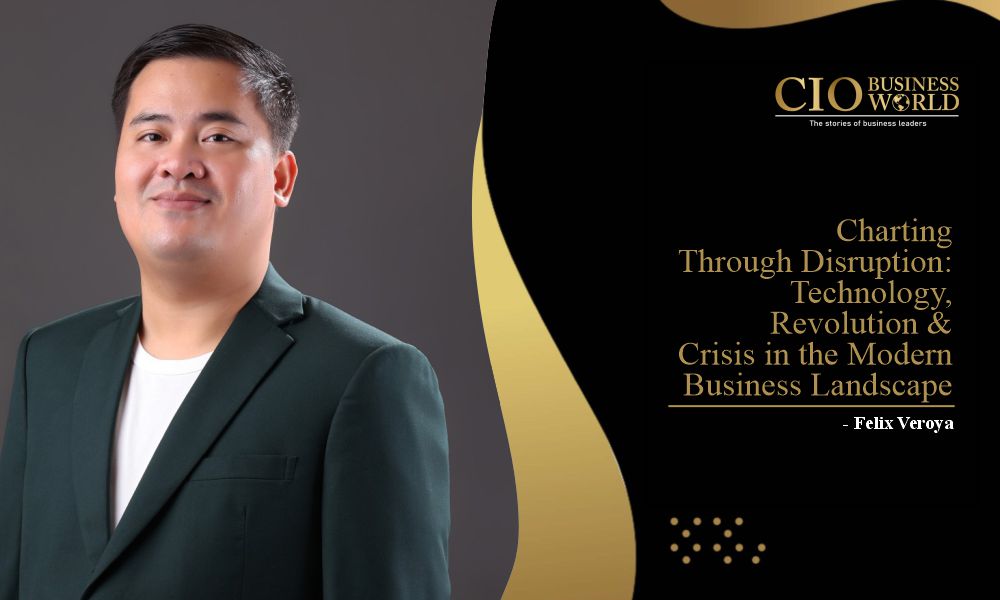Prabowo Subianto, Indonesia’s president-elect and former military, has suggested a new economic policy by targeting the country’s wealthiest tycoons. His transfer comes in the aftermath of fatal unrest, prompting both hopes and fears about how this change may transform Indonesia’s power structure.
Prabowo, long regarded as a polarizing figure, appears determined to curb the influence of a small group of billionaires who have traditionally held sway over the nation’s political and financial landscape. Analysts suggest this could mark a pivotal moment in Indonesia’s efforts to rebalance wealth and influence.
Prabowo’s Economic Rebalancing Strategy
At the heart of Prabowo’s push is a plan to diminish the dominance of elite business groups that have benefited disproportionately from Indonesia’s rapid growth. By signaling stricter oversight and accountability, Prabowo is positioning himself as a champion of broader economic inclusion.
Political observers note that his strategy may also serve a dual purpose: consolidating his power by sidelining rivals who rely on these tycoon networks. The move is seen as both a reformist agenda and a calculated political maneuver.
The recent unrest, which left dozens dead, has intensified public demand for change. Protesters expressed frustration over economic inequality and the perception that government policies primarily serve the wealthy. This unrest has provided Prabowo with the urgency to act.
Pressure on Central Bank and Market Reactions
Beyond targeting billionaires, Prabowo is also putting pressure on Indonesia’s central bank to adopt more aggressive measures to stabilize the economy. His stance suggests a willingness to intervene directly in monetary policy, an approach that could unsettle financial markets.
Business leaders, while cautious, have begun recalibrating their expectations. Some fear that sweeping reforms could disrupt investment flows, while others see opportunity in policies that promise fairer competition and stronger domestic growth.
International investors are watching closely. Indonesia’s stability is crucial for Southeast Asia’s economic outlook and Prabowo’s policies could either enhance or undermine confidence depending on their execution.
Sidelining Political Rivals
In addition to targeting economic elites, Prabowo has been maneuvering to reduce the influence of political rivals. By reshaping alliances and controlling access to financial resources, he is steadily consolidating his authority.
Critics warn that these moves could blur the line between reform and authoritarian control. Supporters, however, argue that strong measures are necessary to dismantle entrenched interests that have hindered progress for decades.
The Road Ahead
Prabowo’s approach reflects both ambition and risk. His bid to rebalance Indonesia’s economy could set the stage for more inclusive growth, but it also risks sparking resistance from powerful business groups and political opponents.
As Indonesia navigates its current unrest and transitions to Prabowo’s leadership, the country faces a defining moment. Whether his measures lead to greater equity or deeper divisions will shape not just the economy, but the future of democracy in Southeast Asia’s largest nation.
Also read: The Rise of Battery Energy Storage Systems (BESS) in Business Sustainability















